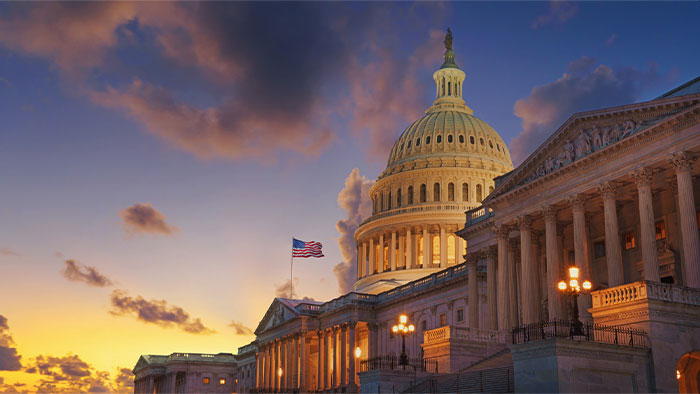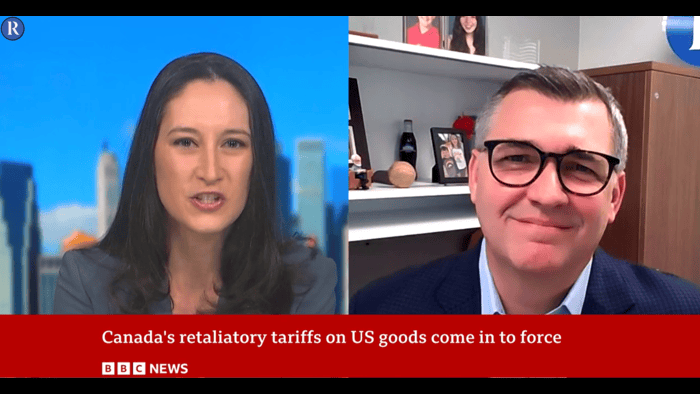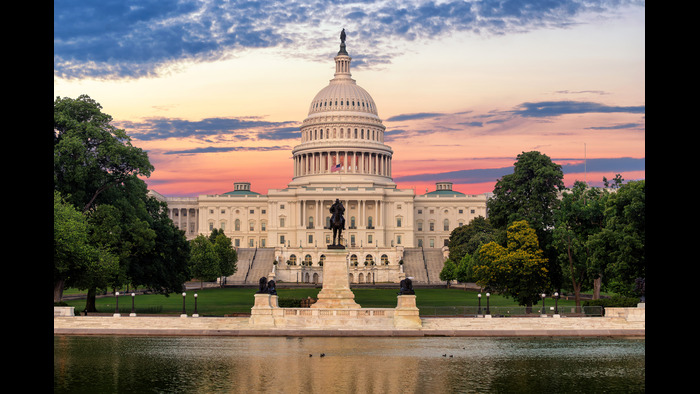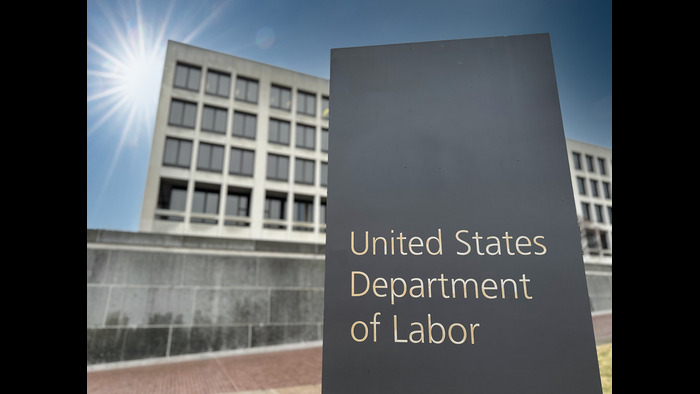2024 Election Outlook for Retailers: Tax Policy
- By [ Courtney Titus Brooks ]
- 07/17/2024
The Landscape
The 2024 election is going to be close according to the polls and each presidential nominee is putting taxes at the forefront. Each of their proposals will impact retailers and the communities they serve.
Vice President Harris supports raising the corporate rate to 28%, while former President Trump stated he would lower the corporate rate to 20%. BUT Mr. Trump has also floated instituting 10% across-the-board tariffs in order to extend the expiring tax provisions. The former president also suggested eliminating the federal income tax and replacing it with a new tariff regime.
Rest assured, RILA will oppose proposals that extend or implement new tariffs on consumer goods because tariffs are just another name for a tax increase that directly impacts American consumers.
As far as Congress goes, the current Senate Finance Committee Chairman Ron Wyden (D-OR) and House Ways and Means Committee Ranking Member Richard Neal (D-MA) support raising the corporate rate. And while Speaker of the House Mike Johnson (R-LA) and House Ways and Means Chairman Jason Smith (R-MO) oppose any increase, there are some members of the House Republican conference who are open to increasing the corporate rate to help pay for extending expiring provisions—especially those targeted for small businesses.
On top of that, there are also other Republicans in the House and Senate who are calling for part or all of the TCJA extensions to be offset due to growing concerns over the ballooning national debt, which stands at $34 trillion. It is uncertain what these offsets might look like or if they will actually happen, but it is a threat nonetheless to keeping the corporate rate where it stands today. Meanwhile, Senate Finance Ranking Member Mike Crapo (R-ID) believes the corporate rate should remain at 21% and argues that pro-growth tax policies do not have to be offset. These policy differences, even among Republicans, highlights the importance of the upcoming elections but it also underlines the advocacy challenges in protecting the current corporate rate.
The Retail Perspective
RILA’s will be fighting to protect the 21% rate because retailers pay the full corporate rate and it has benefited retail workers and the communities they serve all across the country. A competitive and fair tax code is crucial to retailers’ ability to compete at home and abroad and invest in employees, innovation, and communities.
For more information on RILA’s tax policy advocacy, please reach out to Vice President of Tax Courtney Titus Brooks.

Tags
-
Public Policy
-
Tax






